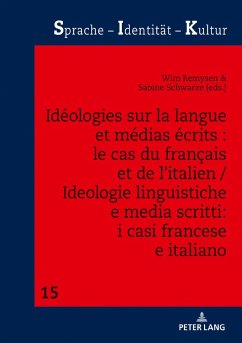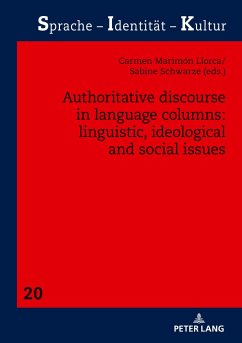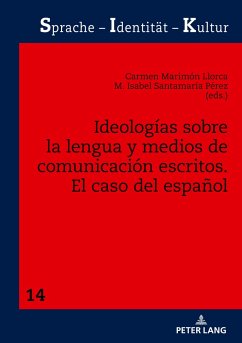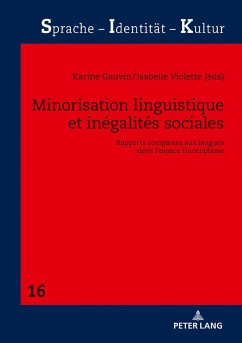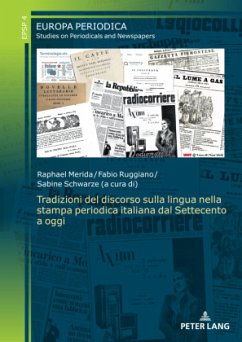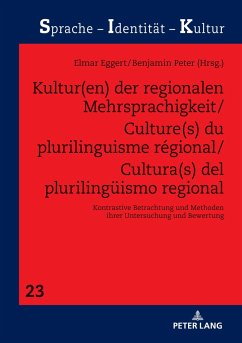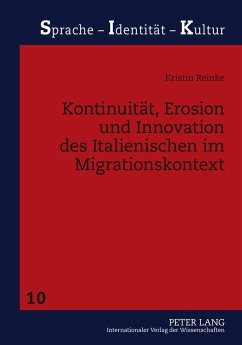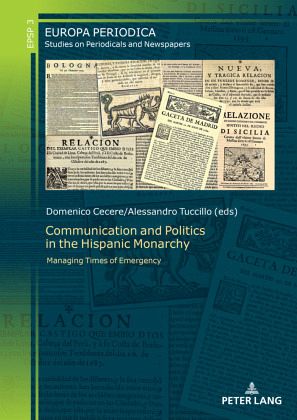
Communication and Politics in the Hispanic Monarchy
Managing Times of Emergency
Herausgegeben: Schwarze, Sabine; Cecere, Domenico; Tuccillo, Alessandro
Versandkostenfrei!
Versandfertig in 6-10 Tagen
76,95 €
inkl. MwSt.

PAYBACK Punkte
0 °P sammeln!
In times of emergency, communication plays a crucial yet problematic role. While this may seem obvious nowadays, even before the emergence of modern media, the methods of gathering, elaborating and transmitting information had a significant influence on the perception of risk and decision-making processes. The book examines how government bodies and different social actors handled emergencies in the Hispanic Monarchy, from the late sixteenth to the early nineteenth centuries. It features case studies from the Hispanic Monarchy's European, American and Asian territories, exploring the narrative...
In times of emergency, communication plays a crucial yet problematic role. While this may seem obvious nowadays, even before the emergence of modern media, the methods of gathering, elaborating and transmitting information had a significant influence on the perception of risk and decision-making processes. The book examines how government bodies and different social actors handled emergencies in the Hispanic Monarchy, from the late sixteenth to the early nineteenth centuries. It features case studies from the Hispanic Monarchy's European, American and Asian territories, exploring the narrative strategies used in news-sheets and gazettes, the impact of disasters on information networks, how they interacted with political and social dynamics, and the effect of conflicting interpretations of extreme events.



